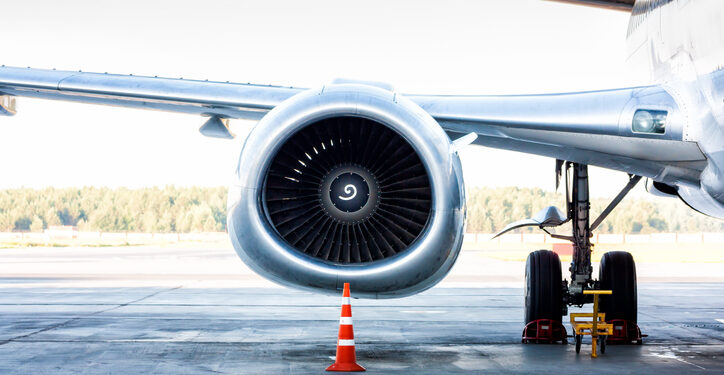A major statutory loophole is undermining the law protecting airline safety whistleblowers, according to whistleblower advocates. National Whistleblower Center is urging Congress and the White House to act immediately and address the issues which are endangering airline safety whistleblowers and having a chilling effect on other would-be-whistleblowers.
In response to a number of high-profile airline safety incidents, Congress passed the Wendell H. Ford Aviation Investment and Reform Act for the 21st Century (AIR21) in 2000. The law prohibits airline companies and aircraft manufacturers from retaliating against employees who blow the whistle on safety failures and dangerous manufacturing practices.
Under the law, whistleblowers who face retaliation are able to file complaints with the Occupational Safety and Health Administration (OSHA), which enforces more than 20 separate whistleblower statutes. Within 60 days of receipt of the complaint, the Secretary of Labor will investigate to determine if there is “reasonable cause” to believe the complaint has merit. The Department of Labor can then order the company to preliminarily reinstate the whistleblower, meaning the whistleblower can go back to work while their case proceeds.
However, delays caused by understaffing and a lack of resources as well as a statutory loophole relating to enforcement of preliminary reinstatement orders mean that these provisions are not working they way Congress intended.
“While AIR21 outlines an expeditious timeline for the Department of Labor to respond to whistleblower complaints, understaffing and a lack of resources have hindered the Department’s ability to abide by the 60-day timeline mandated by law,” according to a new article by the whistleblower law firm Kohn, Kohn & Colapinto. “These delays have resulted in the pile-up of aviation whistleblower claims at the Occupational Health and Safety Administration (OSHA). Compounding this dysfunction, a technical loophole in AIR21 has allowed aviation companies to ignore orders for whistleblowers’ preliminary reinstatement without consequence for decades. These two issues undermine the Congressional intent behind the law and erode the crucial protections it affords aviation whistleblowers.”
Given these issues, aviation safety whistleblowers can have their cases drag on for years, while airlines and manufacturers do not have to follow preliminary reinstatement orders. Boeing whistleblower John Barnett was fighting a years-long retaliation case when he passed away last year.
National Whistleblower Center is urging Congress to pass a reform law fixing the statutory loophole and is calling on President Trump to issue an Executive Order that mandates OSHA complete all investigations within the legally mandated 60-day window.
Join NWC in Taking Action:
Close the Major Loophole in Airline Safety Whistleblower Law
Further Reading:
Loopholes and Delays Undermine Airline Safety Whistleblower Law




